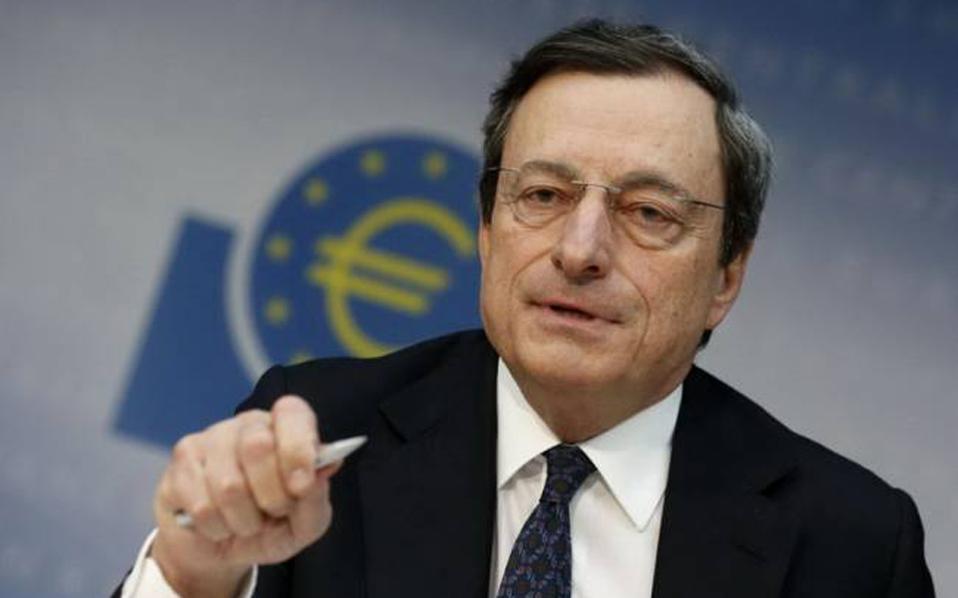Eurozone government bonds in favor as Greece’s IMF boost adds to ECB cheer

Eurozone government bonds were in demand on Friday as the cautious stance of policymakers cheered investors, while IMF support for a Greek bailout added to the general mood of goodwill towards the single currency bloc.
The European Central Bank left its ultra-easy monetary policy unchanged on Thursday and did not discuss clawing back stimulus, though ECB chief Mario Draghi did signal that those discussions would begin in its next one or two meetings.
Eurozone bond yields dropped across the board, with Italian, Portuguese and Spanish bonds – seen as the biggest beneficiaries of the ECB's largesse – proving particularly strong on the day.
The euro, meanwhile, jumped to a two-year high against the dollar.
"Draghi said that the ECB does not want to cause an unwanted tightening of monetary conditions which could harm the recovery," said BBVA strategist Jaime Costero Denche said.
Not only did a recent rise in yields have that impact, but also the surge in the euro also has a quasi-tightening impact by making life harder for the eurozone exporters.
Commerzbank analysts believe that the meeting confirms that the ECB chief does not want to hasten its exit from extraordinary stimulus. This should be positive for "peripheral" government bonds, they said in a note.
Indeed, Spanish, Italian and Portuguese 10-year government bond yields fell 4-5 basis points in early trade on Friday.
High-grade bond yields also fell, though not quite at the same pace: The yield on Germany's 10-year government bond, the region's benchmark, was down 1.5 basis points to 0.52 percent.
The gap between Spanish and German 10-year borrowing costs is at its narrowest level since March 2015 at 94 bps.
The move represents a reversal of the trend of the last three weeks. Eurozone government bond yields rose after Draghi signalled in late June in a speech in Sintra, Portugal, that he is open to policy tweaks.
Expectations grew that the ECB would announce a tapering of its 2 trillion euro bond-buying scheme this autumn, and Germany's 10-year borrowing costs doubled over the course of a fortnight.
Greece review
Meanwhile, the International Monetary Fund on Thursday approved in principle a 1.8 billion dollar standby loan arrangement for Greece, making a conditional commitment to help underpin the country's long-running bailout program for the first time in two years.
Greece's 10-year government bond yields themselves were a touch higher on the day as a potential bond market return approaches, but at 5.33 percent are well off this year's highs of over 8 percent.
The country is believed to be considering a bond issuance next week, a deal that would represent its first foray in debt markets since 2014. Greece's debt agency has appointed banks for the deal according to International Financing Review, a Thomson Reuters publication.
Ratings agency S&P Global is due to review its B- rating on Greece on Friday evening. [Reuters]





